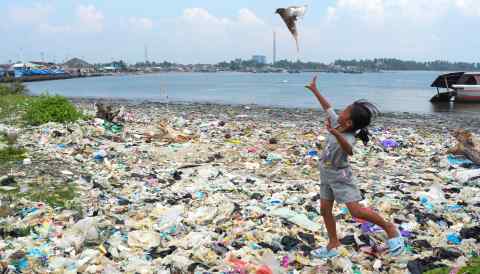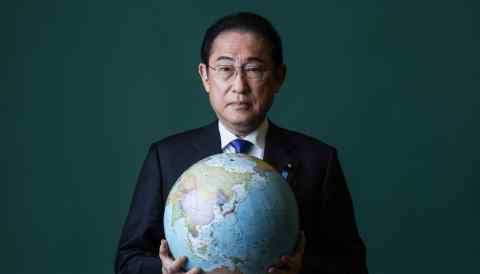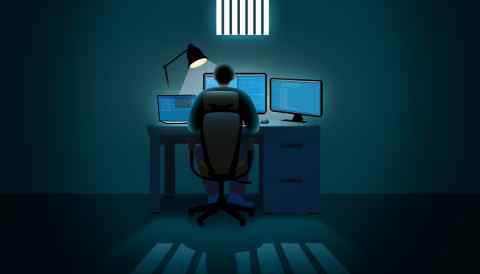KHON KAEN, Thailand/BANGKOK -- When business started to sag a year ago at the shoe factory where she and her husband work, Nui Kalathai began to borrow money from relatives in her village in Khon Kaen, one of the largest provinces in Thailand's northeastern plateau. She has been careful to ask for only small sums -- 400 baht ($12.60) one day, 200 baht on another -- to help cover daily expenses like eggs and dry rations. "It's so hard to survive with little cash," says Nui, who has a 10-year-old son. "I also have borrowed from two money lenders in the factory."
Nui's family is not the only one feeling a cash squeeze. In Chai Nat, a rice bowl in Thailand's central plains, and Phatthalung, a palm oil and rubber-growing province in the south, conversations often turn to financial hardship with little prodding.






